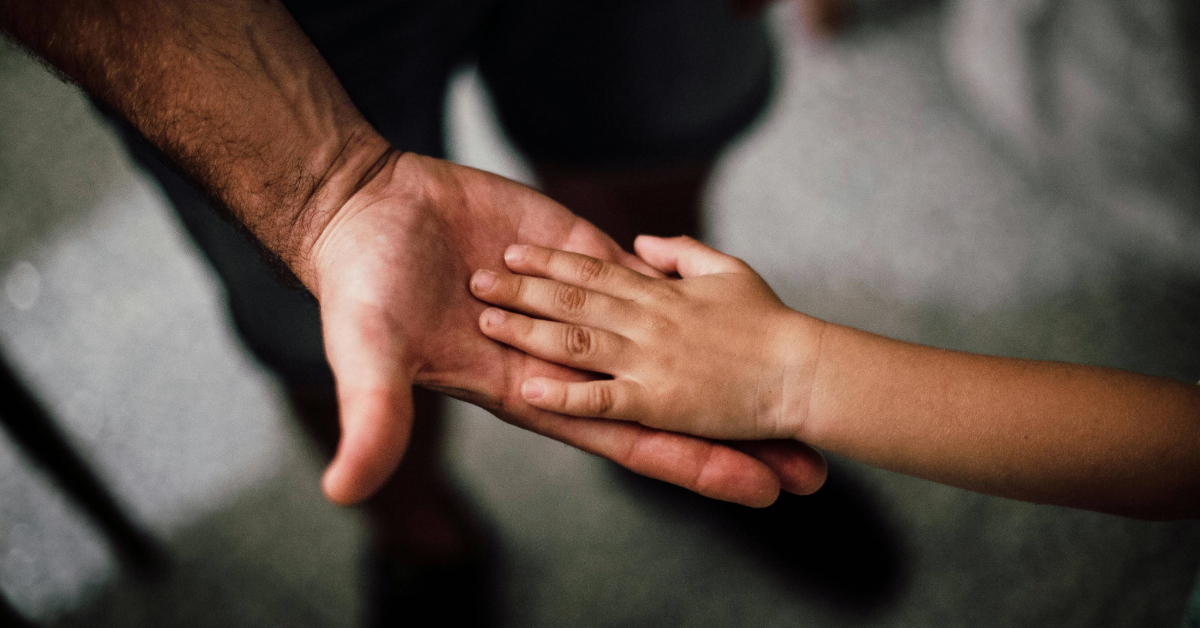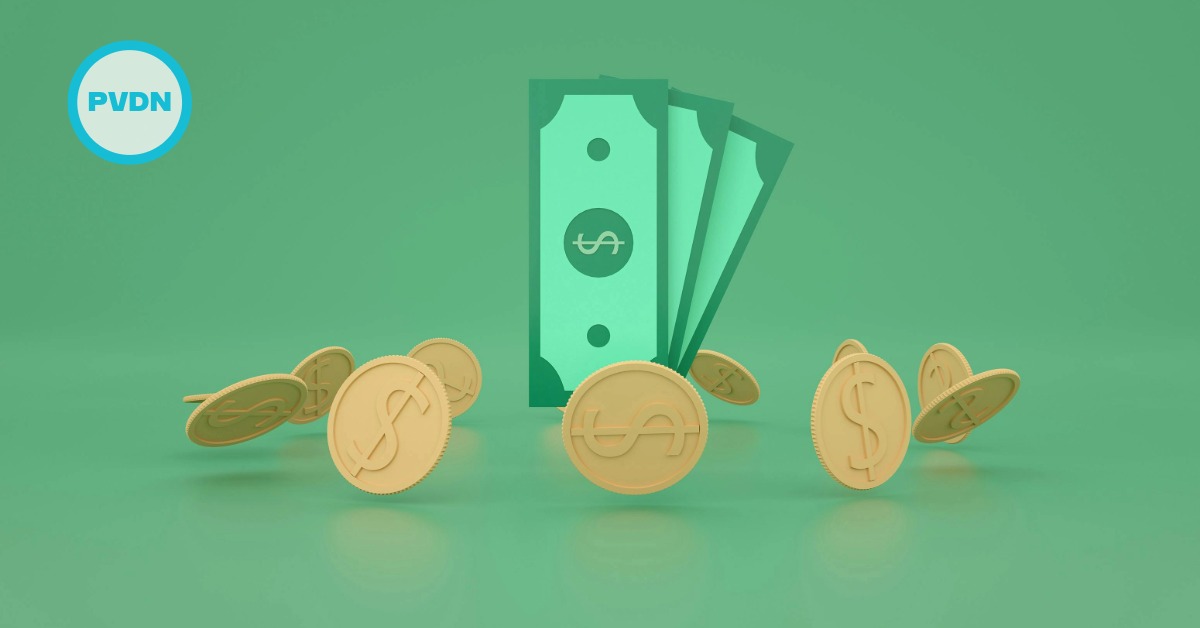Hotels in Playa del Carmen, including Xcaret group properties, begin training staff to detect child trafficking in tourism settings.
Playa del Carmen trains tourism staff to detect trafficking of children and adolescents
A new initiative is underway in Playa del Carmen aimed at curbing the exploitation of children and adolescents in the region's booming tourism industry. Staff at hotels, theme parks, and ferry operators are now undergoing specialized training to help detect and report cases of both sexual and labor trafficking.
The first phase of the . . .






